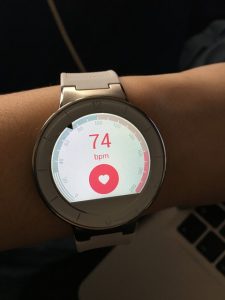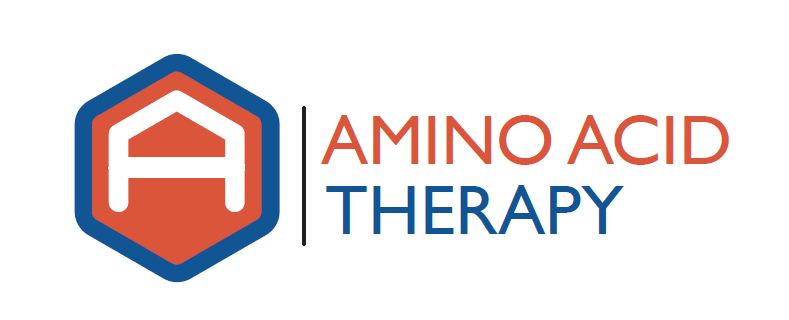 The sensation that a person’s heart races, often described as “heart palpitations”, after taking a dose of amino acids occurs in roughly 10% of the people we see that are following a dopamine dominant protocol. A typical presentation is as follows: Jane takes her amino acid dose (consisting of NeuroReplete, CysReplete, Mucuna 40% and/or tyrosine powder) and within about 10-20 minutes she has the sensation that her heart is beating more rapidly, harder and/or feels like it is “skipping a beat” for 10-20 minutes before the sensation goes away. This may happen every time she takes her amino acids, but most of the time, it only happens one or two times daily. There is often no corresponding change in blood pressure and/or pulse during this period (note, if there is a rise in blood pressure, be sure and look for tyramine-rich foods in the diet).
The sensation that a person’s heart races, often described as “heart palpitations”, after taking a dose of amino acids occurs in roughly 10% of the people we see that are following a dopamine dominant protocol. A typical presentation is as follows: Jane takes her amino acid dose (consisting of NeuroReplete, CysReplete, Mucuna 40% and/or tyrosine powder) and within about 10-20 minutes she has the sensation that her heart is beating more rapidly, harder and/or feels like it is “skipping a beat” for 10-20 minutes before the sensation goes away. This may happen every time she takes her amino acids, but most of the time, it only happens one or two times daily. There is often no corresponding change in blood pressure and/or pulse during this period (note, if there is a rise in blood pressure, be sure and look for tyramine-rich foods in the diet).
These periods of heart palpitations may also be associated with headache or increased anxiety for a short period of time. These problems typically occur when a person is not taking the proper balance of amino acid precursors that their bodies need. The need to adjust the serotonin precursors (NeuroReplete and/or RepleteExtra) is not uncommon as a person raises their dopamine precursors (Mucuna 40% and/or tyrosine). In order to properly manage this situation, it is typical to increase the serotonin precursors (NeuroReplete or RepleteExtra) dose by 1 pill per day every 5-7 days until symptoms are under control. If this does not remedy the situation, then urine testing should be performed to determine if a dopamine fluctuation exists that must be addressed. The effective resolution of these situations will be much faster if you are working with a provider that is skilled in using amino acid therapy.
Incidentally, these heart palpitations are not associated with tachycardia (increase in pulse/actual heart rate). If a person checks there pulse during these episodes, it is almost always within 5-10 beats of normal. In many cases, it is thought that the palpitations are associated with a spasm in the chest wall intercostal muscle and not the heart. Dr. Hinz has an extensive database of people using these amino acids worldwide; no serious cardiac events have been observed with these palpitations. Hopefully, knowing this will ease some of the mental anxiety that often accompanies these short-term signs of neurotransmitter imbalance.

